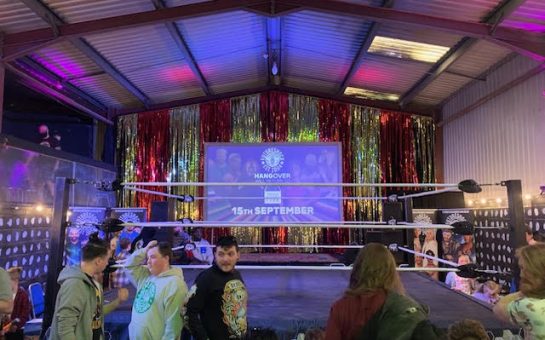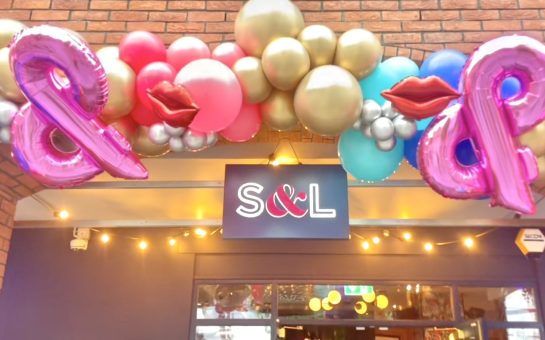Performing and visual arts has a profound effect on homeless people and their vulnerability to crime and anti-social behaviour, according to police commissioner Tony Lloyd.
The Greater Manchester’s Police and Crime Commissioner was speaking at the Backstage? Me? event today at the Royal Exchange Theatre, which focused on homelessness and the remarkable influence of the theatre.
The event was led by homeless participants alongside the practitioners and organisations that work closely with them to improve their circumstances.
Mr Lloyd referred to evidence from theatre projects which continue to demonstrate how participation in the creative arts improves the chances of homeless people securing stable accommodation, employment opportunities and qualifications.
“Of the homeless people encouraged to participate in activities here at the Royal Exchange, many experience complex multiple problems including substance misuse and mental health issues,” Mr Lloyd said.
“As a result of their participation and the support of the Booth Centre, 80 have now moved to more stable accommodation and 20 who were at risk of losing their homes have been helped to maintain one.”
Mr Lloyd explained that homelessness can often leave people susceptible to many aspects of crime.
He said: “They are put in a position where they become vulnerable, more often as victims and occasionally as unfortunate offenders.
“Supporting those with experiences of homelessness to enjoy and participate in the arts has been seen to foster renewed feelings of purpose, where hope might be otherwise lost.
“It is undoubtedly a valuable role that the arts are increasingly playing in putting lives back on track, and arts organisations should be supported to fulfil that role.”
The Booth Centre, a support service for homeless people, and the Royal Exchange Theatre work in conjunction to encourage the homeless to pursue personal development opportunities through various performance activities.
Amanda Croome, Booth Centre CEO, said: “We have witnessed some remarkable changes in some of the regular participants.
“People who started out sitting at the side and watching are, within a few weeks, at the front performing in front of the group and are keen to perform on stage with an audience.”
Ms Croome was delighted to witness such a leap in the confidence and self-esteem of the participants.
She also noted how the participants work together to combat drinking and drug demons, as well as progressing into secure hostels as an alternative to sleeping on the streets.
“The people taking part in the drama are moving on in their lives at a much better rate than people who just attend the drop-in sessions at the Centre,” said Ms Croome.
National charity, Homeless Link was also involved with the event, supporting people and organisations working directly with homeless people in England.
They are set to publish a paper recommending the continued investment in arts projects for homeless people, as a result of their soaring success.
The Get Creative: Art For All publication urges organisations to embrace the arts and other creative projects, thinking innovatively about ways in which change can be inspired in homeless people, moving away from ‘traditional’ methods of support.
The outcomes of the event will also form the basis of a Good Practice Guide for organisations available later in the year.
Fiona Gasper, Executive Director of the Royal Exchange Theatre, said: “We have been working closely with the Booth Centre for the past five years, using theatre processes and practice as creative tools to develop the social and personal skills of homeless adults.
“This has not only enabled us to engage with a really exciting initiative – running right on our doorstep – but over the course of the programme we have seen first-hand the value that this work has for the participants”.
Ms Gasper believes that as an organisation, giving people opportunities to realise their creative potential and to express themselves is fundamental to personal development.
She said: “The partnership with the Booth Centre has been all about allowing people to recognise their potential.”
Mr Lloyd added: “Six participants have moved into paid employment and 46 have gained a new qualification.
“This offers inarguable proof that well-managed projects of this nature have a benefit to society as a whole”.
Image courtesy of Graeme Lawton, with thanks.



